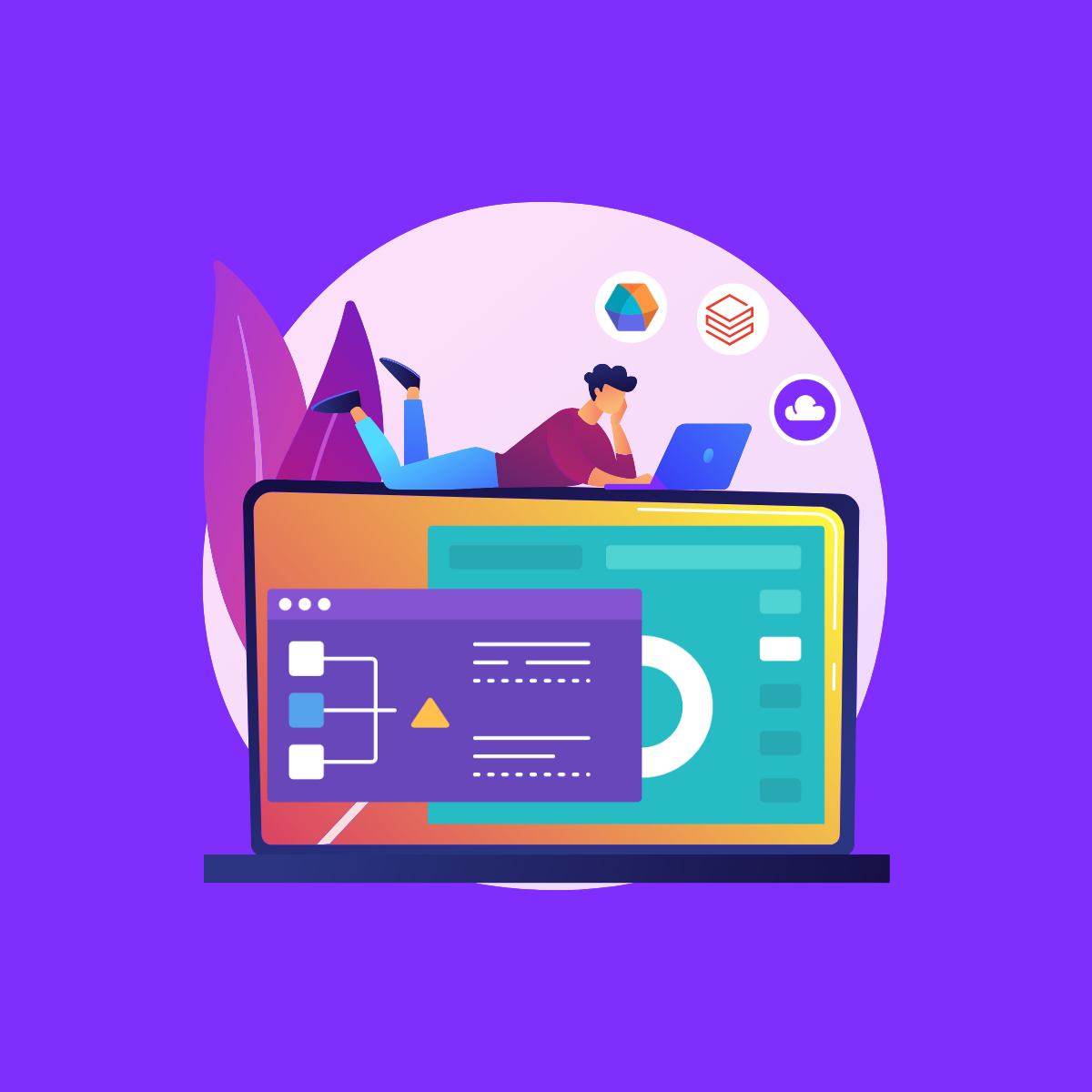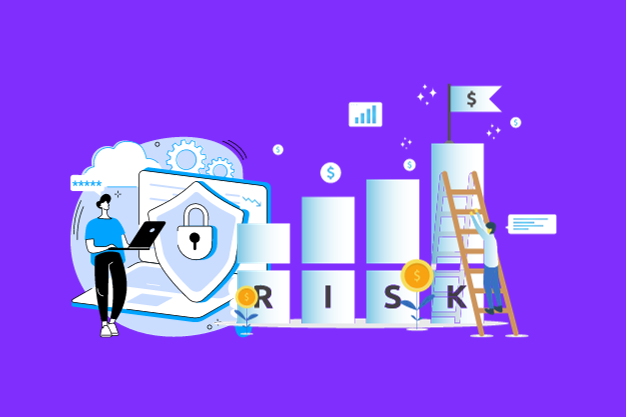The Internet of Things (IoT) has gained tremendous popularity in recent times because of its technically advanced nature. Similar is the case with the Cloud. The integration of cloud with IoT has landed the disruption of communication and cooperation digitally and in a smart manner, without the involvement of any physical human. Various IoT cloud platforms have come into existence for the purpose of automating and managing the devices over the web.
IoT cloud platforms provide web-based solutions and spaces that give your company the leverage to store, manage, and use the data online instead of spending a much higher amount on physical hardware.
IoT provides a common space for all the servers and devices that are connected to it along with handling and managing their data, while cloud-based technology makes that possible over a web network. This network is safe, secure, protected, and also reasonable in monetary terms.
Things are more streamlined on the cloud as compared to an on-premise IoT architecture. The overall reduction in time and costs can be witnessed with the adaptation of Cloud platforms for IoT. There is also an added advantage of quick implementation with such platforms. These platforms are also flexible in terms of usage.
Now that we have ventured into the basics of cloud platforms for IoT, let’s look at the top competitors in the arena.
- Google Cloud’s IoT Platform
Google has its very own end-to-end cloud-based IoT platform that allows users to store, manage and access data with a lot of ease. The whole purpose of this platform was to make things easier and move at a higher speed. Google has placed this product at very reasonable pricing, based on per-minute usage. This platform has great space availability along with scalable, enhanced security for your data. It also has the provision for real-time insights of the devices connected anywhere on the globe. Google is known for its intelligent and quickly accessible solutions. Google Cloud IoT also follows the same path.
IBM’s cloud platform, integrated with its IoT platform, formed IBM Watson. It offers quite an open and secure ecosystem of IoT devices. It also allows its users to perform analytics and exchange data in real-time. The network is known for its security and safety during communications and also the processing of unused data. Watson has the ability to process data available in huge quantities. Watson also provides good customer service.
A platform suitable for industrial needs is Thingworx. Thingwox is designed by PTC, to serve the IoT cloud needs for enterprise applications. Thingworx 8 is an updated model that provides better efficiency and usability. It lets the users connect their devices and sensors and makes the provision of working remotely once the setup is done. There is already a framework built for the widgets, which reduces complexity. It is user-friendly and makes managing simpler.
Amazon’s IoT platform is a platform that allows users to connect sensors to enable interaction and communication amongst the devices both online and offline. The platform is secured by the device gateway to protect the server from silos and ensure smooth transitions inside the architecture. A high environment consisting of encryption and decryption is developed to take care of authentication. AWS is also flexible.
Microsoft Azure IoT Suite is the platform developed by Microsoft that facilitates bi-directional communication between the platform and its devices. Bi-directional communication means two-way communication. This communication is protected to ensure that it is reliable and hosted by the cloud. Azure IoT Suite allows the integration of other solutions as well. It also has the attribute of visualization.
Salesforce Thunder has an IoT platform Salesforce IoT Cloud that collects data from all registered devices spread along the landscape of the platform and produces real-time results for the same. Websites, applications, devices, and sensors are managed to provide better customer service. There is an improvement in the technology that enables a smooth collection of data.
Oracle Internet of Things Cloud Service helps in make imperative business decisions and developing strategies by analyzing data, creating end-to-end management, and integrated services all working at a high speed to increase productivity. Oracle IoT has the facility of high speed messaging.
Conclusion
The cloud platforms of IoT is a vast field and still going through disruption. The solutions have to be customized according to the industry and company because what works for one, might not work for the other. A thorough analysis of the organization along with A/B testing is recommended to check what works for your firm. Leveraging the benefits of cloud IoT will fasten the growth and development process of your company.



